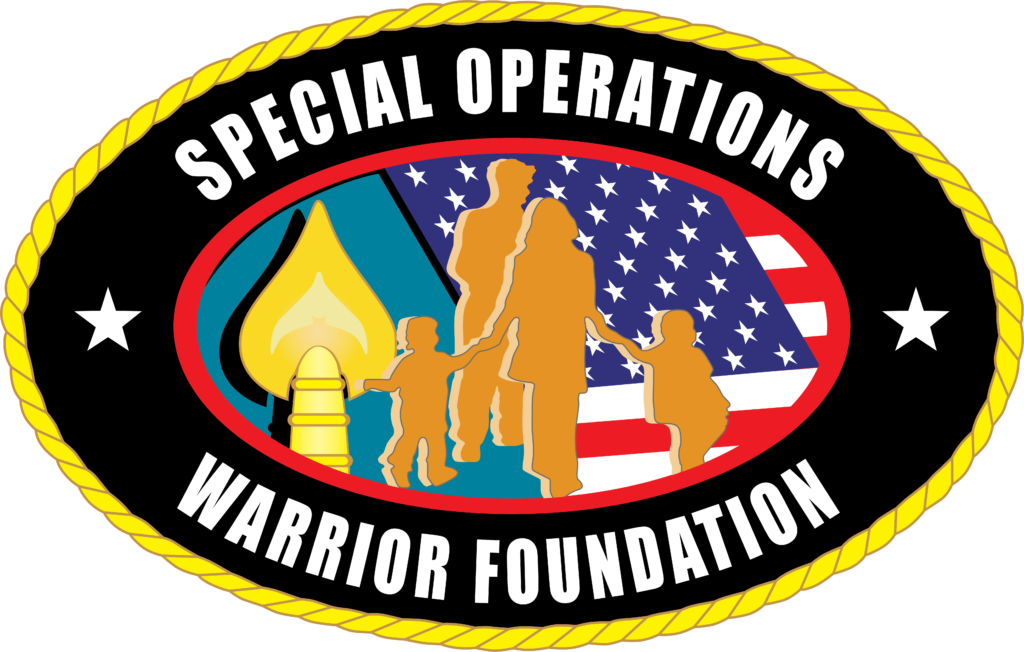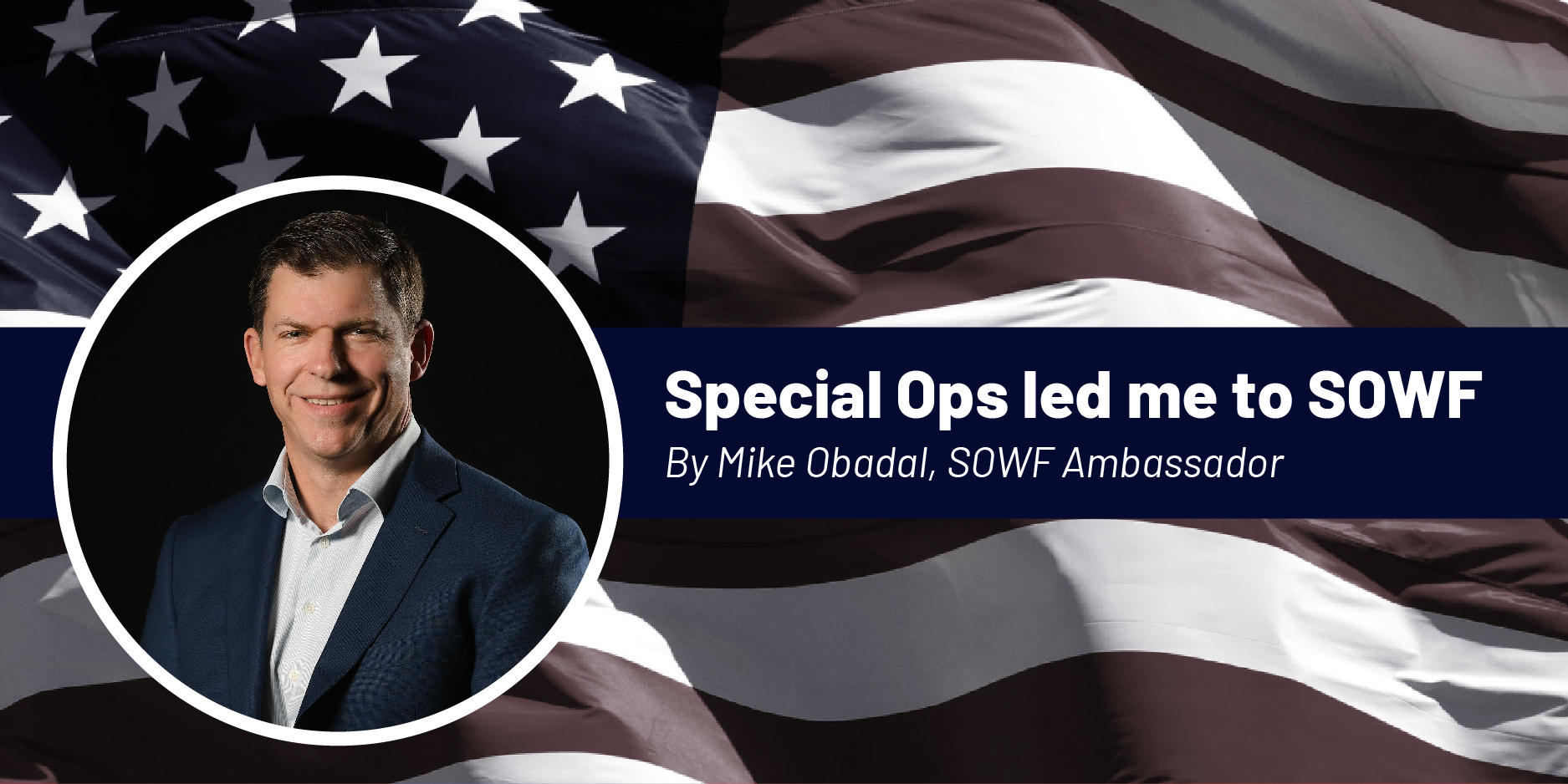Growing up outside of Washington, D.C. gave me exposure to several military veterans – fathers of friends, neighbors, and coaches. I attended the Virginia Military Institute on an Army scholarship, but I was truly naïve – I had no real idea what I’d signed up for.
Many faculty at VMI were Vietnam vets, from who I began to learn about service to something higher than oneself. These officers and NCOs dedicated their post-military lives to shaping the next generation by teaching us about service and sacrifice. Even with this, I still didn’t fully grasp the life they had lived, or what I was about to experience.
I began my Army career as an attack helicopter officer – leading, training and deploying around the world, eventually landing at the National Training Center. As redeeming as it was, I needed more, and our nation had just gone to war. I found that in Special Operations, where I remained for the next 20 years.
It was in this community that I learned three important aspects of Special Operations:
- SOF draws talented, intelligent, adaptive service members and shapes them to be even better. Everyone’s personal progression is exponential when provided the chance to excel.
- The strength of the individual operator at the breach is due to an unbreakable team from several disciplines – fires, intel, logistics, aviation, training, and lots more. No one is alone.
- SOF operators manage risk expertly, but this cannot overcome the volume of tactical risk to which they are exposed. By the nature of their work, they will engage the enemy almost every time out. The casualty rates for SOF are disproportionately high.
Based on my own family’s experience and those of the men and women I commanded, the pressure of SOF life is unrelenting. Training, deployments, and alert cycles do not rest – instead endure year over year.
Following casualty events, I watched the quiet work of the SOWF make a difference to the families. What struck me even more than the financial commitment was the network commitment. Binding together surviving family and a wide array of staff, supporters and other families results in a strength whose sum is greater than its parts.
Organizations like SOWF fill critical gaps between the government and military families. The enduring nature of the Foundation’s commitment to the children of our fallen men and women are what separates it from so many other charities – by ensuring those affected by SOF casualty events are not alone and are provided their own chance to excel. As an SOWF Ambassador, one of my goals is to introduce others, including donors and corporations, to the Foundation. My belief is that they will become engaged after learning about the mission – I did, and my sense is, they will too.


